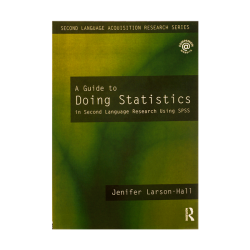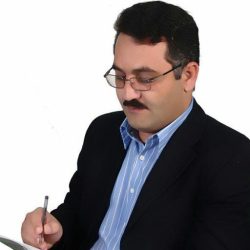3. LANGUAGE CURRICULUM: VALUES AND OPTIONS
Book Name: The ELT Curriculum Design, Innovation and Management
Summarized by Saeed Mojarradi Ph.D. candidate
Language Curriculum: Values and Options
Here we want to place language syllabus design within the wider context of curriculum.
It is important to review some of the major value systems or ideologies which underlie approaches to this curriculum. We must also look at the curriculum models associated with these ideologies.
Then, this will help us and will serve to show us some ideas such as behavioral objectives and proposals for process syllabuses have come from?
Of course it is important to know that different models of curriculum represent different value systems and consequently of quite divergent views on education.
It is surprising that views on these issues will be value-laden. With this expression. And with this fact that curriculum studies attempt to answer quite fundamental questions about the nature and purpose of education.
Value systems
Views on the nature and purpose of education include those which emphasize the transmission of an esteemed cultural heritage which stress the growth and self-realization of the individual. Of course those education as an instrument of social change should be considered.
Here, there are three orientations or ideologies those have been termed classical humanism, progressive and reconstruction.
In language teaching each of these ideologies is expressed in different proposals for aims, content, and methodology.
The grammar translation method is an expression of classical humanism. Audio lingualism and notional functional syllabus can be viewed as different realization of deconstructionism. The proposal of Krashen and Terrell in 1983, Breen and Candling in 1980 whose process syllabus will be reviewed and Prabhu in 1987 whose procedural syllabus will also be discussed are different products of progressivism.



Dr.Alireza Khalaj Endoscopic Surgery Fellowship (Laparoscopy)
Read more